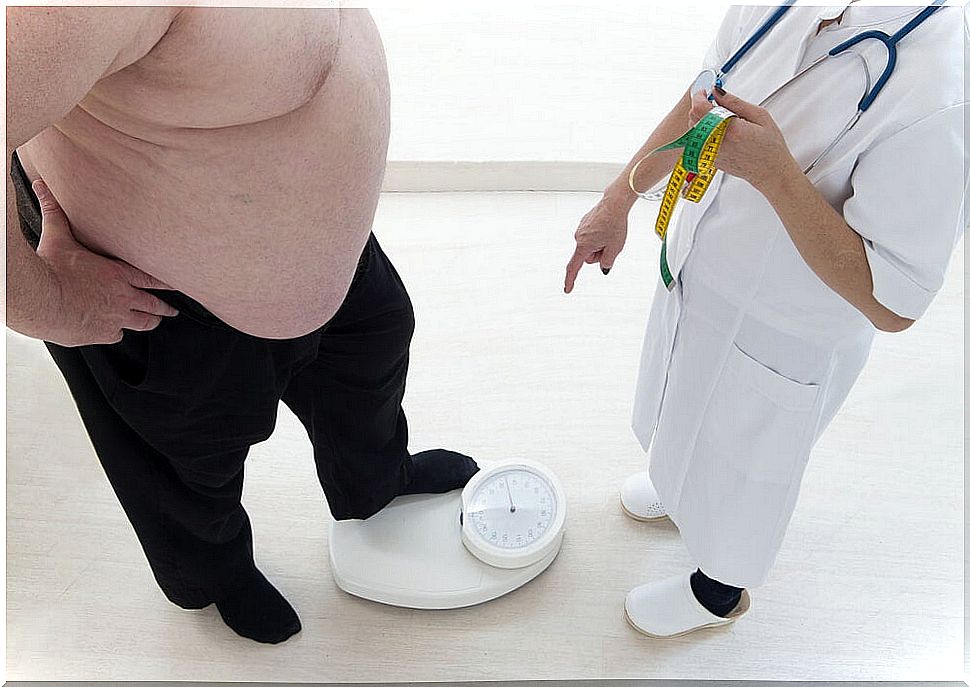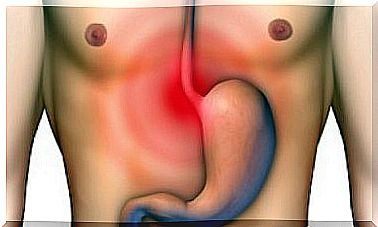What You Need To Know About Weight-loss Medications
Weight-loss medications are not a solution to obesity, but help to make the necessary changes in lifestyle so that you do not gain more weight. Neither of these drugs has been shown to be more effective than diet and exercise combined.

There are myths, confusion and false information about weight loss drugs on many occasions. Unfortunately, the parapharmacy has popularized various substances that promise to help people lose weight, but these are not effective or can be harmful to health.
Medicines for weight loss are just that: medicines. Therefore, they can only be prescribed by a professional doctor who evaluates and determines whether these types of products are indicated for a specific case or not, depending on many factors.
It should also be noted that weight loss medications are not a magic bullet. Weight loss is a complex process that demands efforts on several fronts. Although a drug can help, it is of little use if it is not supplemented with the right diet and physical exercise.
Weight loss medications

The first thing to say is that weight loss drugs are never prescribed for cosmetic purposes. Second, none of these drugs has been shown to be more effective than a systematic program of controlled diet and exercise.
That said, it should be noted that these types of drugs act on the central nervous system, inhibiting the complex hypothalamic circuits that regulate feelings of hunger and satiety. In other words, they help you feel less hungry.
There are also other drugs that help speed up metabolism or have a diuretic or laxative effect. Likewise, the so-called “ fat burners ” circulate in the market , which are sold in supermarkets or parapharmacies, and which are not backed by any scientific evidence on their effectiveness.
The patient’s profile for these drugs
Weight loss medications are not for everyone. In principle, they should not be used by pregnant women or mothers who are breastfeeding. They are also not advisable for minors and in no case should they be ingested without medical advice.
These types of drugs are used when patients meet the following criteria :
- There is a diagnosis of obesity: the doctor has classified him as obese because his weight is 20% higher than ideal according to height and build. In general, it corresponds to those who have a BMI -Body Mass Index- of 30 or higher. It should be noted that this situation has been shown to increase the risk of cardiovascular accident, so the use of drugs is justified.
- Lower BMI with concomitant disease: there are cases in which the BMI does not reach 30, but is higher than 27 and the person has problems such as diabetes, sleep apnea or high blood pressure. In this case, the prescription for these drugs is adequate. However, to improve problems related to rest you can resort to melatonin, according to a study published in Neurological Research.
It should be noted that in none of these cases are drugs the first choice of treatment. These are indicated if the person has followed a diet and exercise regimen for a period of between 3 and 6 months, without having managed to lose more than 5% of their weight in that period. Likewise, the person must have high motivation and commitment to the goal of losing weight.
Side effects of these medicines

Like all drugs, weight loss drugs also have side effects that vary from person to person. The most common is that mild symptoms such as diarrhea, constipation and / or nausea appear, which diminish over time.
Some medications – such as phentermine, benzphetamine, diethylpropion, and phendimetrazine – can cause trouble sleeping, nervousness, or restlessness, as well as headaches and elevated blood pressure. Only in very few cases have other side effects from the use of this type of medicine been reported, which include:
- Yellow pigmentation in the eyes and / or skin.
- Dark colored urine.
- Pale stools
- Skin itch.
- Abdominal pain.
- Loss of appetite
Precautions and other data
It is important to note that some products that are sold in drugstores and that are promoted as substances for weight loss are not safe, since they are not supported by any scientific study.
Some of these products, especially those containing ephedra, ephedrine, or caffeine, have been linked to reports of seizures, heart attacks, strokes, and sudden deaths. For the same reason, it is advisable to consult with your doctor before ingesting these types of substances. Ephedrine, for example, has been shown to be effective, but harmful. It is currently prohibited.
Prescription weight loss medications lose their effect when you stop taking them. Therefore, without a proper diet and lifestyle, weight gain is highly likely when these drugs are stopped.
To lose weight, improve habits
Although there are drugs that can promote weight loss, to achieve this goal it is better to focus on lifestyle habits. Only then can good long-term results be achieved.









